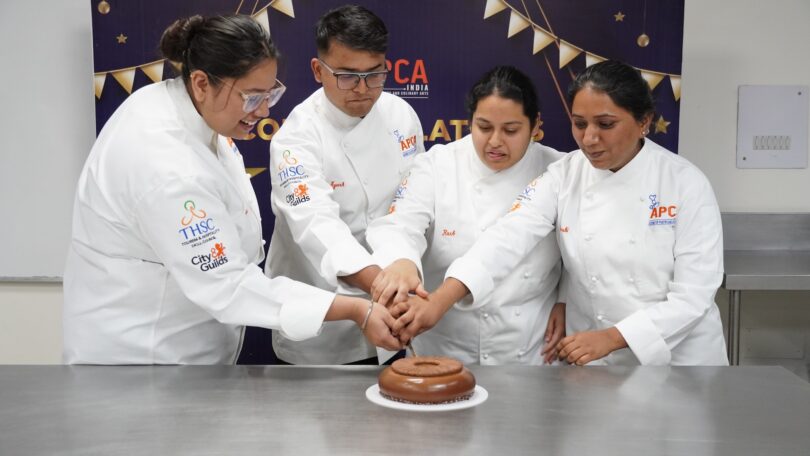Structured Learning for Culinary Mastery
Cooking is an art form, and like any craft, mastery comes through structured learning, professional guidance, and consistent training. Self-taught chefs often rely on trial and error, while enrolling in a Diploma in Culinary Arts provides a clear and guided path toward becoming a skilled professional. Unlike informal learning, a culinary diploma equips students with foundational techniques, advanced cooking methods, and a deep understanding of flavour and presentation. This structured approach ensures that every aspiring chef builds a strong base in both classical and contemporary culinary skills.
Hands-On Training and Professional Exposure
One of the many advantages of pursuing chef diploma courses is gaining access to professional kitchens and industry-standard equipment. Students receive hands-on training under the mentorship of highly skilled and experienced chefs, something that’s difficult to replicate at home. Beyond cooking techniques, these courses cover essential aspects such as kitchen management, food safety, and menu planning knowledge that’s vital for anyone aiming for a culinary career.
While self-taught chefs may excel in creativity, formal training provides consistency, precision, and a professional edge. Graduates of culinary diploma programs emerge as well-rounded chefs, skilled, confident, and industry-ready.
Networking and Industry Opportunities
Choosing one of the best culinary schools in India opens doors to valuable networking opportunities and industry internships. Many reputed institutions introduce students to advanced techniques, international cuisines, baking, pastry arts, and modern culinary trends. This exposure broadens a chef’s skill set and enhances career prospects across hotels, resorts, restaurants, and food entrepreneurship. Moreover, a recognized diploma carries significant credibility with employers, giving graduates an advantage over self-taught counterparts who may lack formal certification.
Balancing Creativity with Discipline
Culinary courses in India offer a perfect balance of theory and practice. From mastering knife skills to exploring molecular gastronomy, students learn systematically while nurturing creativity under expert supervision. A culinary diploma also instills discipline, teamwork, and the ability to perform under pressure, qualities essential in high-demand professional kitchens. While self-learning demonstrates passion, structured education ensures mastery, confidence, and readiness for a professional culinary career.
Investing in a Diploma in Culinary Arts is not just about learning recipes, it’s about transforming raw talent into refined skill and opening doors to endless opportunities in the gastronomic world.
Turning Passion into Professional Mastery through Structured Culinary Education
The Academy of Pastry and Culinary Arts (APCA) stands as a leading institution for aspiring chefs who wish to elevate their skills beyond self-taught cooking. Through its Diploma in Culinary Arts, the academy offers a structured and immersive learning experience guided by world-class chefs with international expertise. Unlike self-learning, where knowledge and techniques can be inconsistent, APCA provides comprehensive training in global cuisines, kitchen operations, and modern culinary methods.
The curriculum blends theoretical knowledge with rigorous hands-on practice, ensuring that each student develops precision, creativity, and professional discipline. Graduates leave with not only technical mastery but also the confidence and exposure needed to thrive in professional kitchens.
This holistic education proves that a Diploma in Culinary Arts offers far greater depth, discipline, and opportunity than self-taught cooking ever could.


